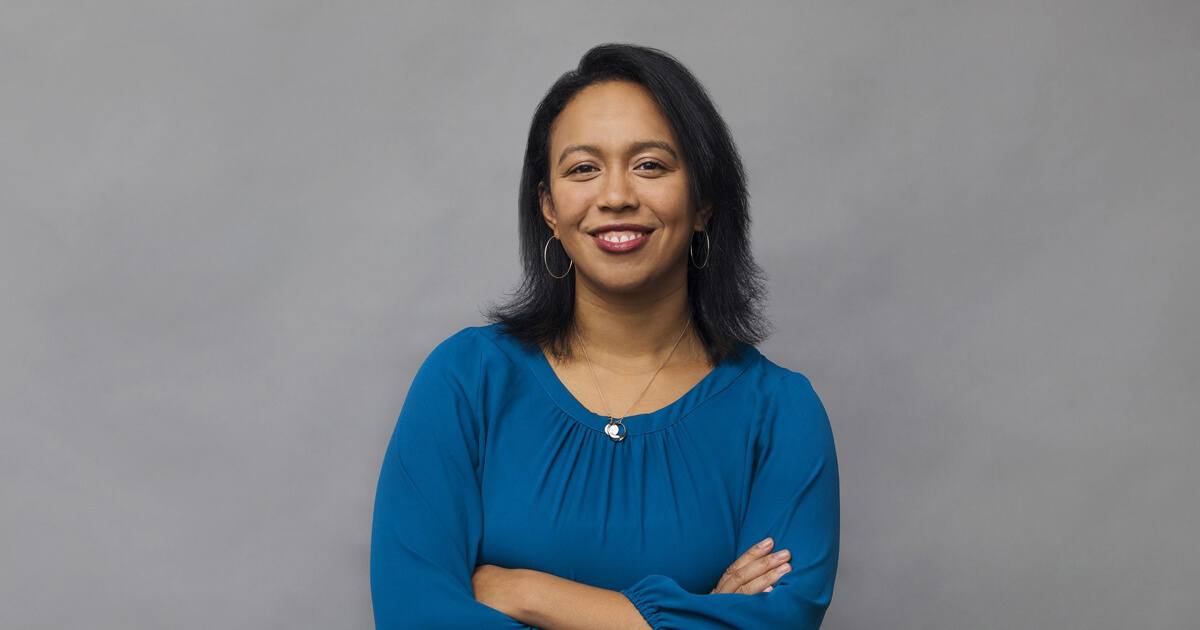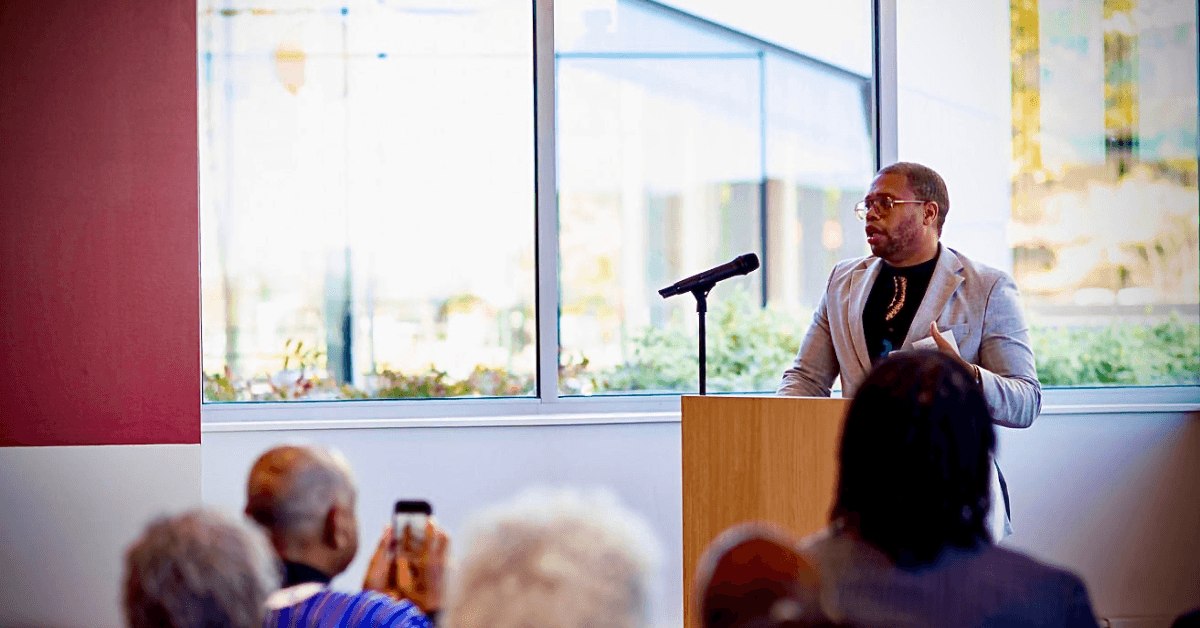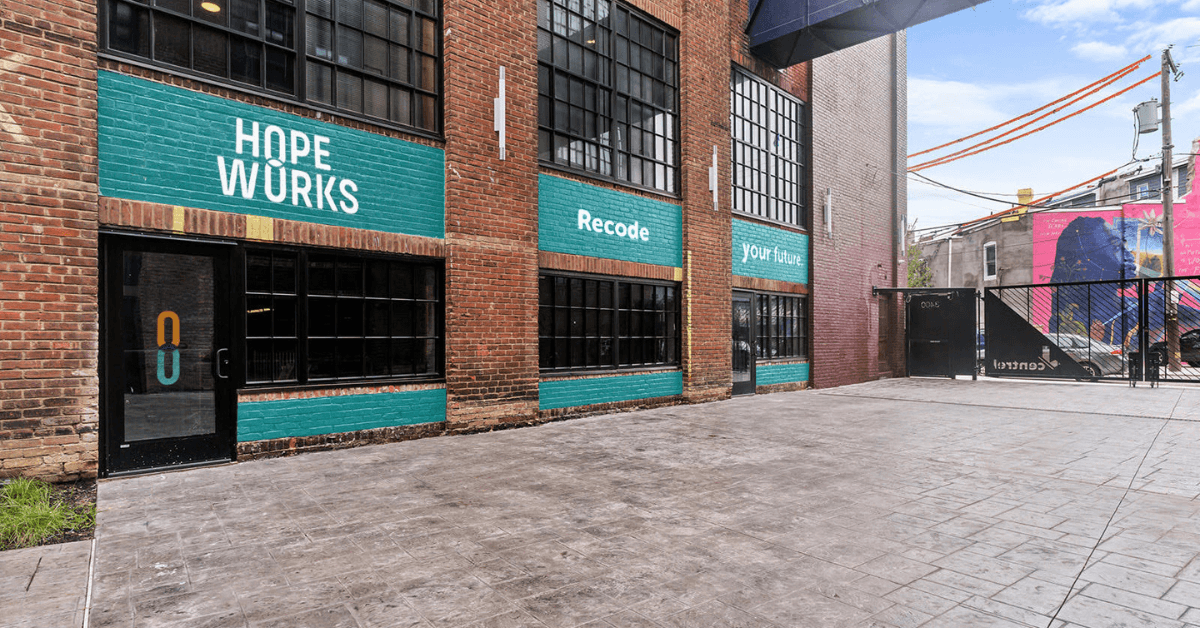In a city whose tech sector is steeped with racial and gender inequity, a new partnership among three of Philadelphia’s leading tech advocacy and education organizations aims to provide budding entrepreneurs of color the opportunity to receive mentorship from industry leaders through a program called Mentor Connect — the first of its kind in the city.
Mentor Connect, a program that pairs entrepreneurial talent with experts to learn about operations, marketing strategies, leadership, and investing and raising capital, was first launched in 2016 by the Philadelphia Alliance for Capital and Technologies (PACT) and Ben Franklin Technology Partners (BFTP) in response to the lack of community and mentorship opportunities available for diverse entrepreneurs in the tech sector. As part of OnE Philadelphia, a citywide tech pipeline for members of underrepresented communities, PACT and BFTP collaborated with tech education nonprofit Coded by Kids to expand Mentor Connect to prioritize underrepresented entrepreneurs.
“One of the things we’ve seen is the need for entrepreneurs, people willing to take risks, and it’s a very lonely environment being an entrepreneur in the tech sector,” Tony Green, vice president of science and technology at Ben Franklin Technology Partners, told The Plug. “It’s a very different mindset, requires a very different set of skills and experiences, and we felt very strongly that we needed to build a different infrastructure for that. There’s lots of coaching out there, there’s a lot of mentors, but there really isn’t a lot of systematic programming built on capacity building.”
Black people make up just 8.8 percent of Philadelphia’s technology workforce, according to a 2019 Economy League report. Melanie Hidalgo-Britt, chief revenue officer for Coded by Kids, says this lack of diversity inspired the nonprofit to launch OnE Philadelphia in October.
Hear more about Mentor Connect as Hadriana Lowenkron speaks with Sylvester Mobley, the founder of Coded By Kids.
“We have to work on creating a system that would abolish or replace systemic racism that is placed on all the barriers for underserved and underrepresented communities to prosper and achieve economic mobility,” Hidalgo-Britt told The Plug. “That is where Mentor Connect comes in.”
Prior to January 2021, mentees had to be either a member of PACT or a BFTP-funded founder/leader to be eligible for Mentor Connect, which Hidalgo-Britt said served as a barrier for underrepresented entrepreneurs. Now, those barriers have been removed, and interested entrepreneurs can apply for the free program through a form on its website.
“It’s a referral program,” Hidalgo-Britt said of the previous process. “And when everything is homogeneously white and male, that is what you continue to get. So by eliminating these eligibility criteria, we’re giving underrepresented founders more of an opportunity to have mentors, and be able to have those resources to help their startups succeed.”
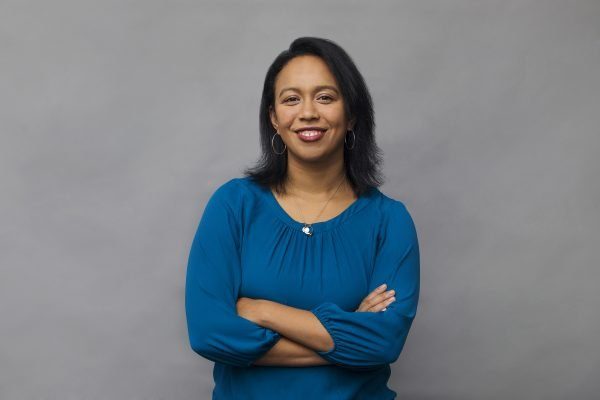
Green echoed Hidalgo-Britt’s sentiment on the importance of removing structural barriers.
“Many of these potential entrepreneurs don’t know where to go, they don’t know BFTP, they don’t know PACT, they don’t know a lot of the social work and other groups that get together,” he said. “And so part of the goal here is to eliminate those kinds of barriers so that people know whom to call, send an email to, or engage with.”
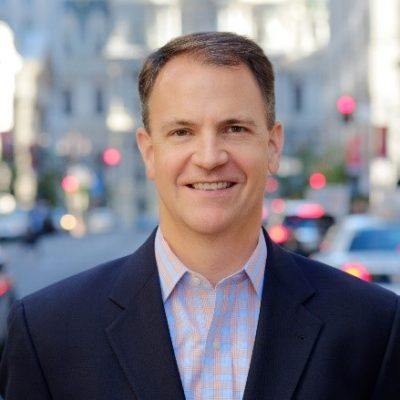
Dean Miller, president and CEO of PACT, acknowledged the historic racial and gender disparities in the tech and entrepreneurial sectors, and said the organization has used the industry’s problematic legacy as fuel to diversify its board and create partnerships with organizations that have close ties to underrepresented communities — which is how he met Coded by Kids CEO Sylvester Mobley, who eventually joined PACT’s board of directors.
“As our interest grew in serving more and more underrepresented founders, [and] as [Mobley] was forming OnE Philadelphia, we started talking about how we could help vis-à-vis the OnE Philadelphia initiative to further expand our reach and service into more and more underrepresented founders,” Miller told The Plug.
The program, which takes three to four mentees on a rolling basis each month and currently has 143 mentees and 114 mentors, is part of Philadelphia’s goal of positioning the city as one of the most diverse tech hubs in the country. According to program data, 18 percent of mentees are people of color and 19 percent of mentors are people of color, but those numbers will hopefully improve, Miller said.
Heloise Jettison, the city’s deputy commerce director, praised Mentor Connect, emphasizing the need for enhanced access to the tech sector for underrepresented communities given the pandemic’s exacerbation of racial disparities in digital literacy.
“We know that digital skills and software knowledge, computer science knowledge, is something you have to have at a certain level almost to function, but because of some of the deficits and challenges that our underrepresented populations have faced, we know that this is an area that is very important for us to get across to Philadelphia residents who often don’t know what the options are for them in this field,” Jettison told The Plug. “So that’s actually where the ‘Most Diverse Tech Hub’ initiative stems from — we want to do something about it.”
Hidalgo-Britt lauded both the city’s support and the program’s framework, which is guided by the principles and standards of MIT Venture Mentoring Service, urging the city to continue its efforts after the grant ends.
“Obviously you can’t solve for inequity in 11 months, so I’m hoping [the city] continues to support that effort, but it’s been great,” she said, adding that she has yet to find any mentorship program that is as structured as Mentor Connect.
Jettison shared Hidalgo-Britt’s hope for the grant to continue, noting that feedback has been positive and “everyone is on board.”
As for what’s next for Mentor Connect and OnE Philadelphia, Jennifer Cohen, director of Mentor Connect, said she hopes to partner with, and provide support to, other accelerators looking to provide their own mentorship, so that they don’t have to come up with their own mentorship program from scratch.
This, BFTP Vice President of Marketing and Communications Jason Bannon said, is the beauty of the Mentor Connect framework, and the OnE Philadelphia initiative over all.
“Mentor Connect is a very practical place to start, [but] what’s exciting about OnE Philadelphia is that it’s not a program in and of itself as much as it is a framework for other programs to be built, added, plugged in, and connected where they haven’t been before,” Bannon told The Plug. “With a framework written, it gets a lot of other ideas and opportunities going. There’s more coming, and that’s what’s great about it.”
This story is part of a partnership with WURD radio covering technology, business, and innovation in Philadelphia. This vital work is possible with support from the Philadelphia COVID-19 Community Information Fund, an effort by Independence Public Media Foundation (IPMF) and the Knight-Lenfest Local News Transformation Fund (Knight-Lenfest Fund).

